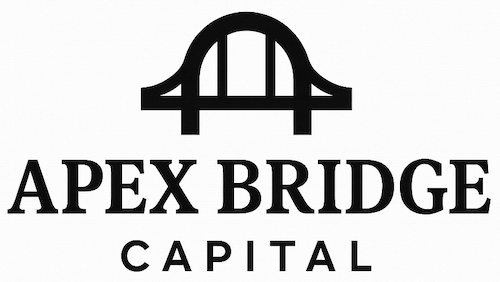
Business Credit
Quick Overview
Your business credit score reflects how risky your business appears to lenders.
It’s based on your payment history, public records, credit utilization, and more.
This score influences your credit limit, loan terms, and interest rates.
Monitoring it regularly is essential to maintaining your creditworthiness.
What Is Business Credit?
Whenever your business applies for financing—a credit card, a loan, a line of credit, or even equipment leasing—your business credit profile matters. Many business owners don’t realize they have both a personal and a business credit profile, but lenders do. Ignoring your business credit can limit your financing options.
One of the best ways to shift focus away from your personal credit is by building a strong business credit profile.
What Your Business Credit Score Tells Lenders
Your credit profile helps lenders assess how risky it would be to lend to your business—how likely you are to pay on time or default. This profile plays a key role in whether your application is approved and what interest rates you’re offered.
Lenders don’t rely solely on your credit score, but it’s a significant factor in the decision-making process.
Your credit profile includes:
Credit obligations: Loans or credit lines your business has with other lenders or vendors.
Public records: Any liens, lawsuits, judgments, or tax issues tied to your business.
Other records: Business licenses, address history, or other publicly available data.
What Influences Your Business Credit Profile
You have control over your credit profile—it’s shaped by how you manage business finances. The more consistent you are with payments, the stronger your profile.
Key factors include:
Payment history: How promptly your business pays utilities, vendors, credit cards, and loans.
Outstanding balances: Current debts or late payments.
Public records: Tax liens, bankruptcies, and legal judgments.
Business identity: Registered name, address, and Tax ID (TIN).
These details are collected and analyzed by credit bureaus to create your score, which is different from personal credit scores and varies by bureau.
Where Do Lenders Get This Data?
Lenders pull reports from major business credit bureaus:
Dun & Bradstreet
Experian Business
Equifax Business
Business Credit USA
Each bureau uses different data sources, scoring models, and number ranges. One bureau may score you from 1–100, while another uses a different scale.
Note: Credit bureaus don’t guarantee complete or accurate data. Vendors aren’t required to report your payment history, and errors happen. Fortunately, you can request your report and dispute any mistakes directly with the bureau.
How to Establish and Separate Your Business Credit
To build a distinct and credible business credit profile:
Register a legal business entity (LLC, corporation, partnership).
Get a federal Tax Identification Number (TIN) from the IRS.
Open business bank accounts and transact under your business name.
File taxes separately from your personal income.
Make sure vendors report your payment history to credit bureaus.
How Your Business Credit Score Is Used
Most lenders (and many vendors) check your business credit profile—and often your personal credit—when you apply for financing. A low business score can lead to:
Denied applications
Higher interest rates
Limited credit options
Strained vendor relationships
Beyond lending, your score may impact insurance premiums, lease terms, and supplier contracts.
How to Check and Improve Your Business Credit
You can start monitoring your business credit by:
Checking if your business already has a report (e.g., at BusinessCreditFacts.com).
Verifying and updating business details with credit bureaus.
Monitoring your report regularly for changes or errors.
Correcting any mistakes by filing a dispute with the credit bureau.
To improve your business credit profile:
Pay invoices, loans, and taxes on time
Keep balances low
Avoid legal disputes and tax issues
Encourage vendors to report your payment history
Keep your business information consistent and up to date
